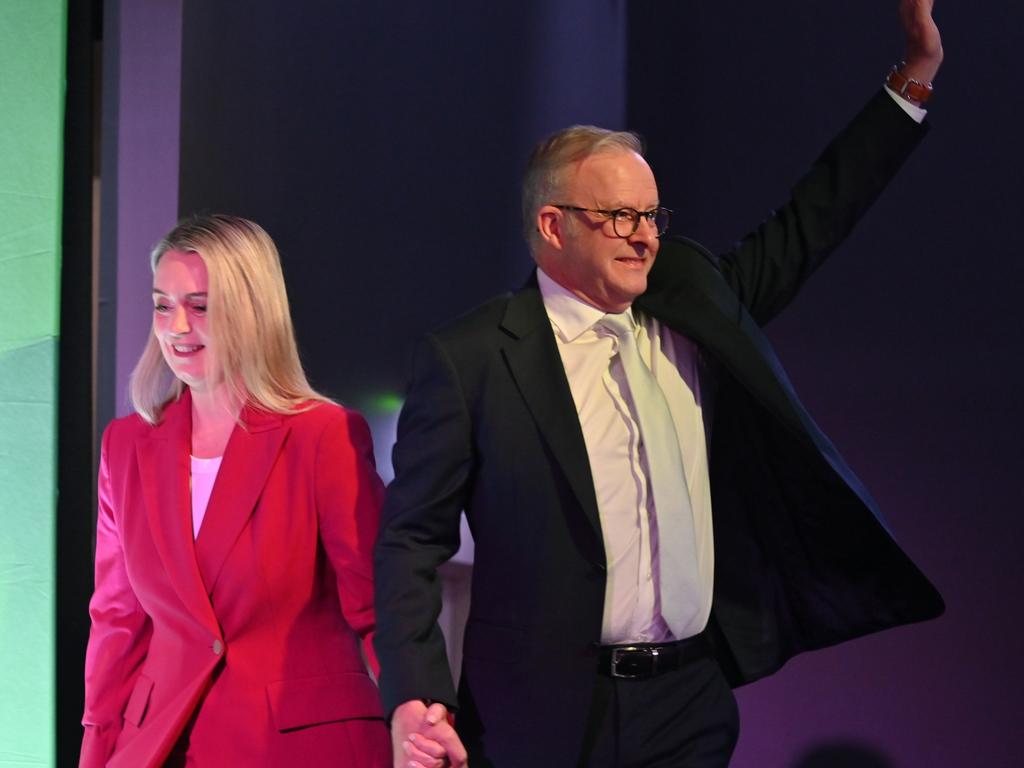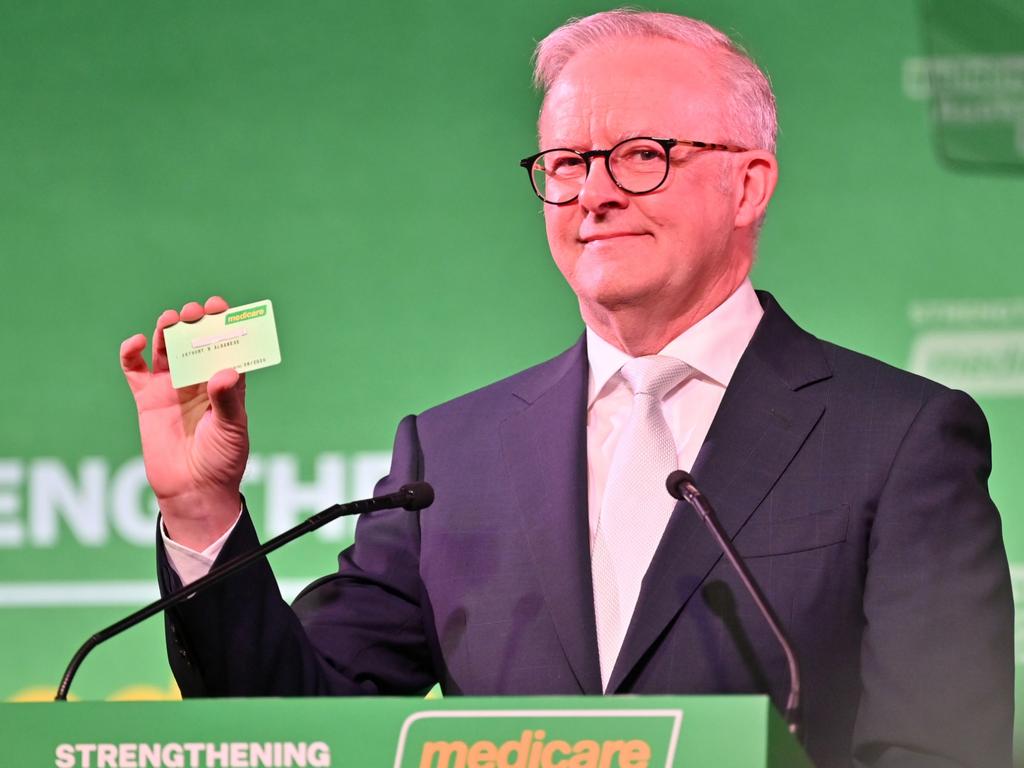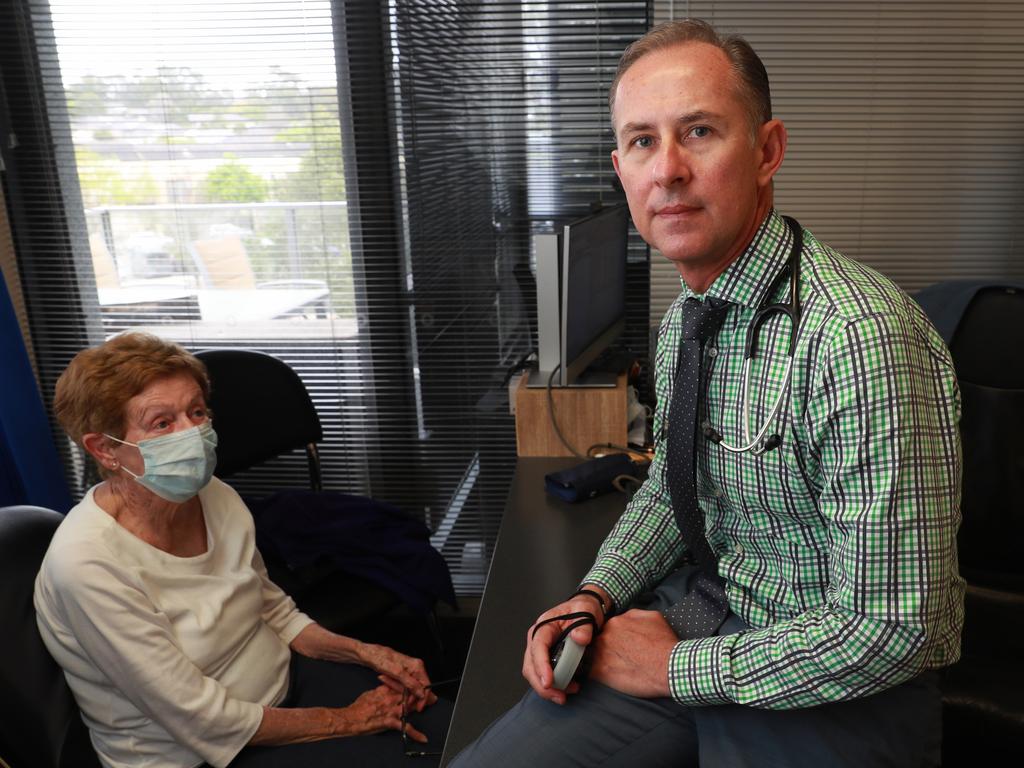Labor waves off Cleanbill bulk-billing predictions
Fewer than 2100 clinics are expected to bulk-bill after Labor’s new incentive program comes into force in November, according to new figures by Cleanbill.

Fewer than 2100 clinics are expected to bulk-bill after Labor’s new $8.5bn Medicare incentive program comes into force in November, according to new figures by Cleanbill, despite government hopes the policy will make nine in 10 GP visits free by the end of the decade.
Data collected by the online healthcare directory – which the government is attacking as “unreliable” – estimated Labor’s 12.5 per cent incentive payment would fall well short of incentivising the number of clinics to bulk bill that the government had envisaged.
Cleanbill, a private company that makes thousands of direct calls to clinics across the country to compile data on bulk-billing rates, publishes regular reports on its findings according to information provided by clinics.
After more than 10,000 over-the-phone surveys with GP clinics across the country in recent weeks, the Cleanbill report claimed only 2081 clinics were expected to bulk-bill after the new incentive program began, up from the 1341 already doing so but below Labor’s goal of 4800.
However, Labor has sought to shoot down Cleanbill data as “flawed” because it relied on the assumption that if a GP clinic didn’t bulk-bill all of their services for non-concessional adults – Cleanbill’s test of a bulk-billing clinic – then they must not bulk-bill any service for any patient.
The government said this was incorrect and drove Cleanbill’s claim that the payment from Medicare needed to be bigger than the clinic’s fees to test whether the clinic was to be financially better-off by fully bulk-billing.
Despite Cleanbill seeking to explain its methodology after Health Minister Mark Butler blasted the organisation earlier this year for conducting a simple “ring around” and publishing data that couldn’t be relied upon, the senior Labor MP doubled down on his criticism on Sunday.
“Their analysis is fundamentally flawed and should not be reported as accurate,” Mr Butler said. “The Albanese government is focused on getting on with the job of strengthening Medicare.
“For the first time, Labor will expand bulk-billing incentives to all Australians and create an additional new incentive payment for practices that bulk-bill every patient.”
While its data has been frequently contested by Labor, Cleanbill is not the first body to question whether the government’s revised bulk-billing incentive rate is high enough, with former deputy medical director Nick Coatsworth doing so in comments published in The Australian this week.
Labor’s own Department of Health also estimated about a quarter of all clinics would not take up the bulk-billing incentive.
Despite the questions around the policy and government modelling, Mr Butler said Labor’s policy is “modelled by the department and based on actual Medicare data.”
He said the policy would work “because it has already worked for the patients the incentive already applies to: pensioners, concession cardholders, and families with kids”.
Tension over the Medicare policy comes as the Albanese government seeks to make affordable healthcare central to its second term, spruiking its investment to the Pharmaceutical Benefits Scheme. Legislation to be introduced to parliament this week will enshrine into law an election promise to make prescriptions on the PBS cost no more than $25 from January next year,.








To join the conversation, please log in. Don't have an account? Register
Join the conversation, you are commenting as Logout